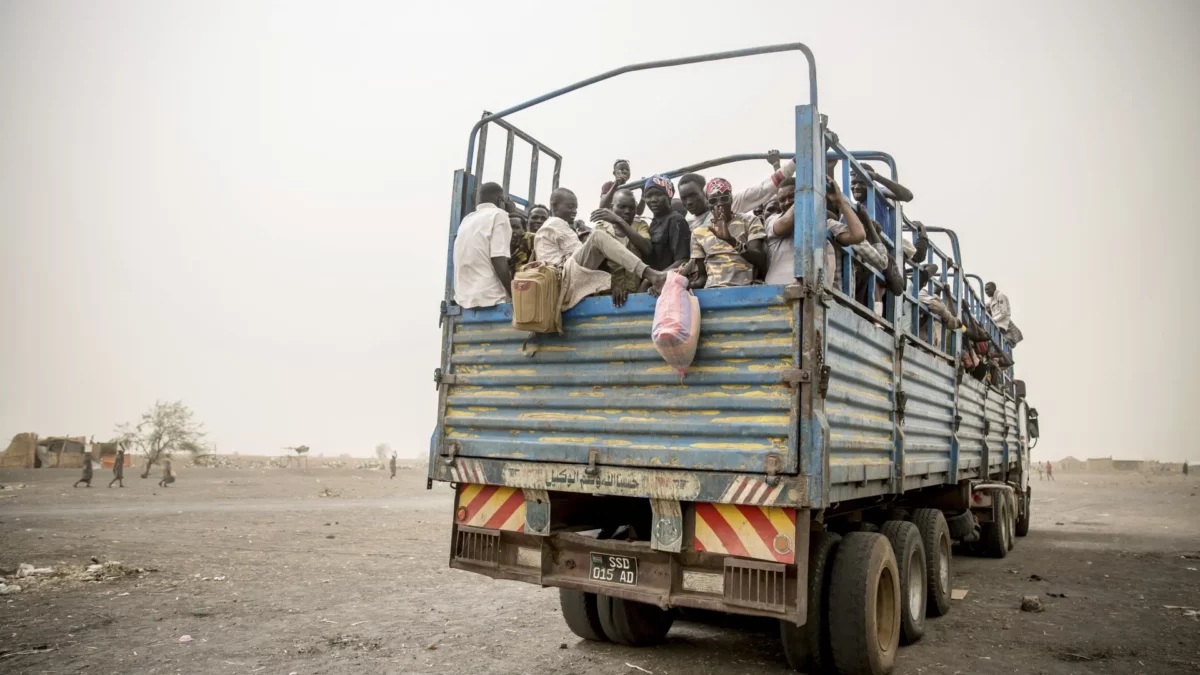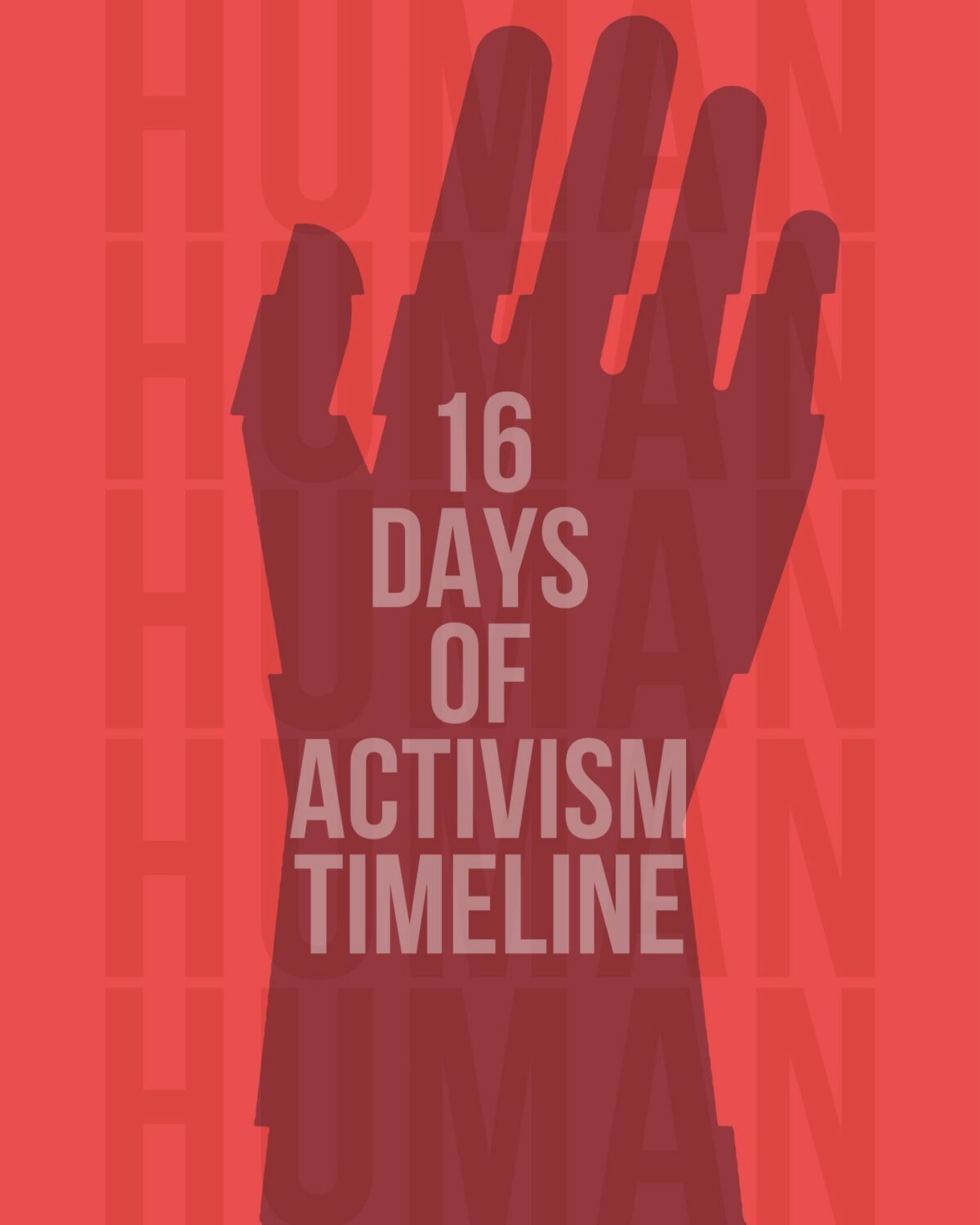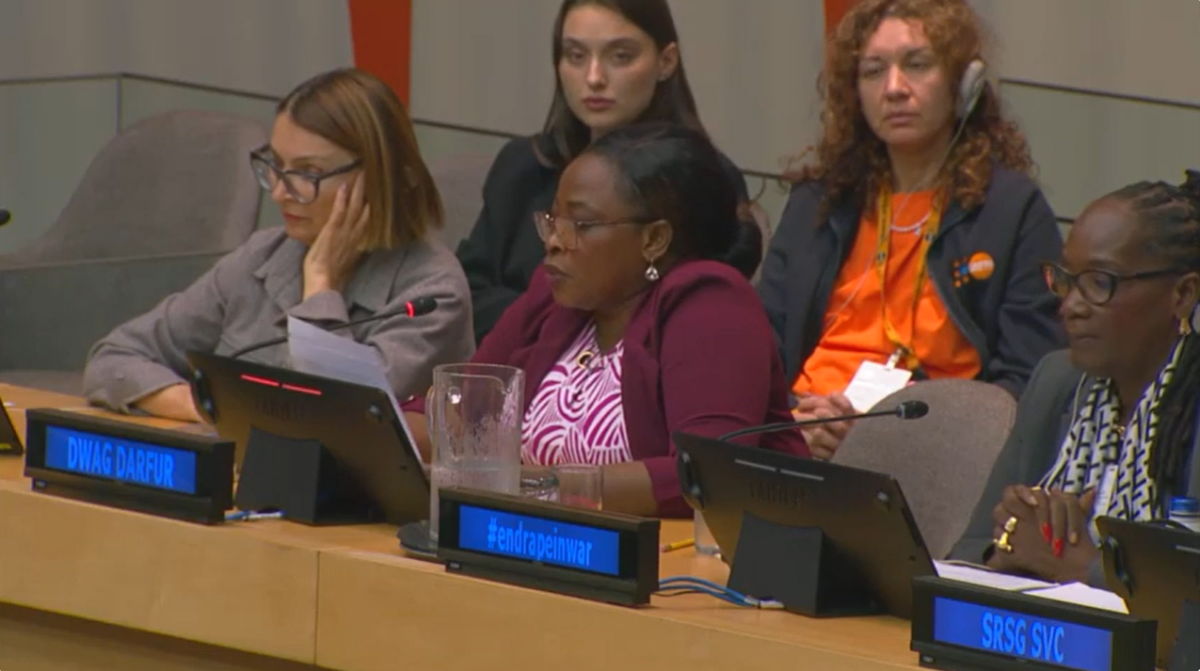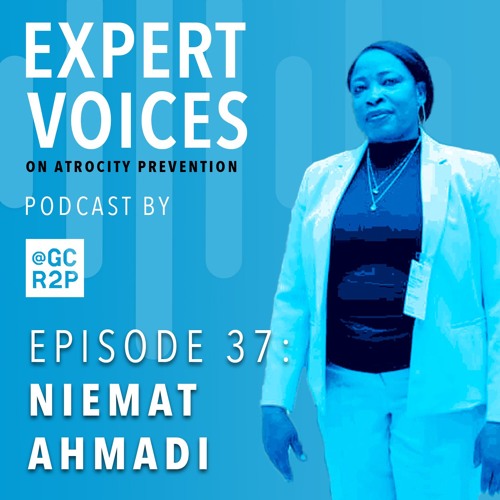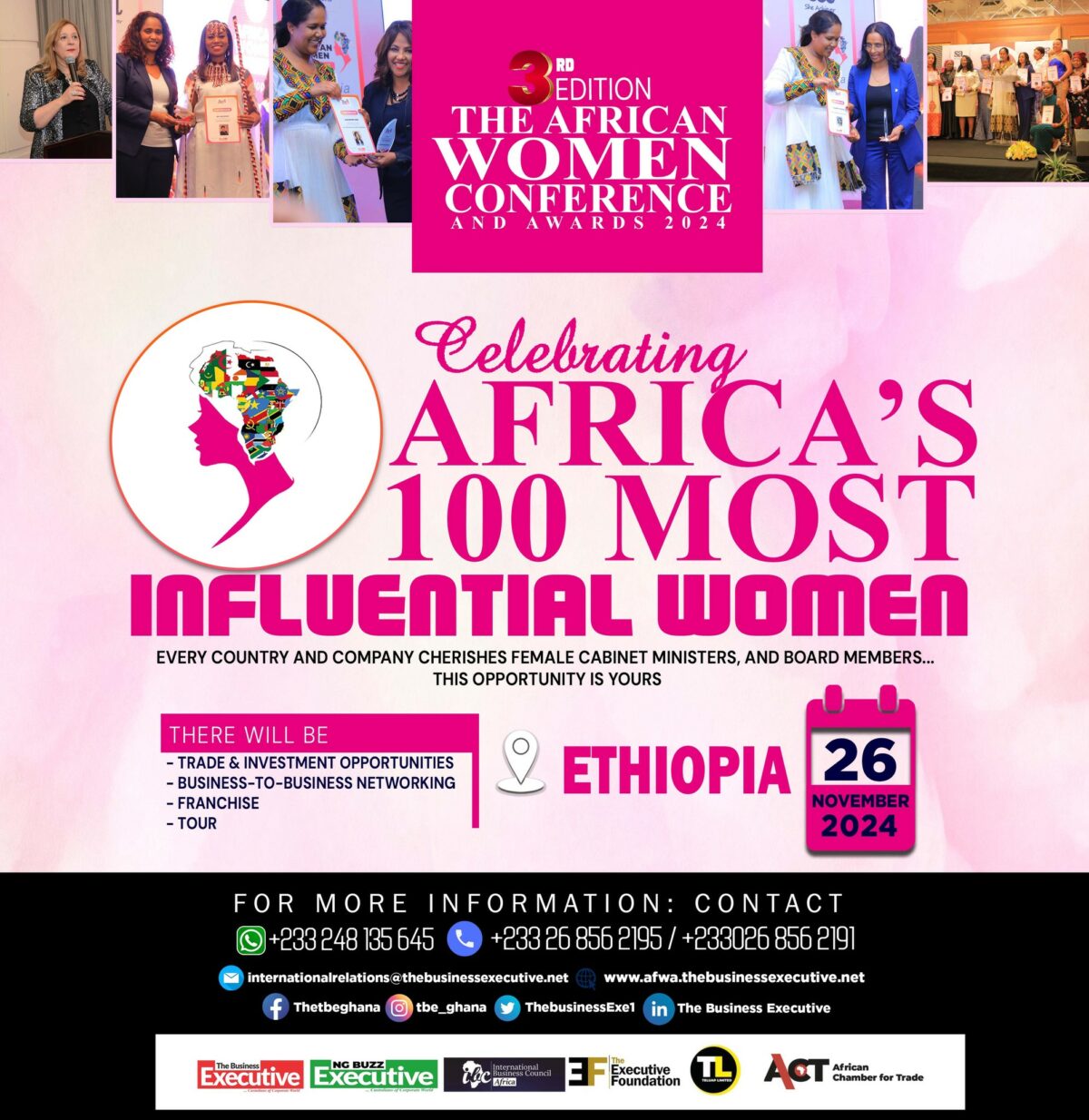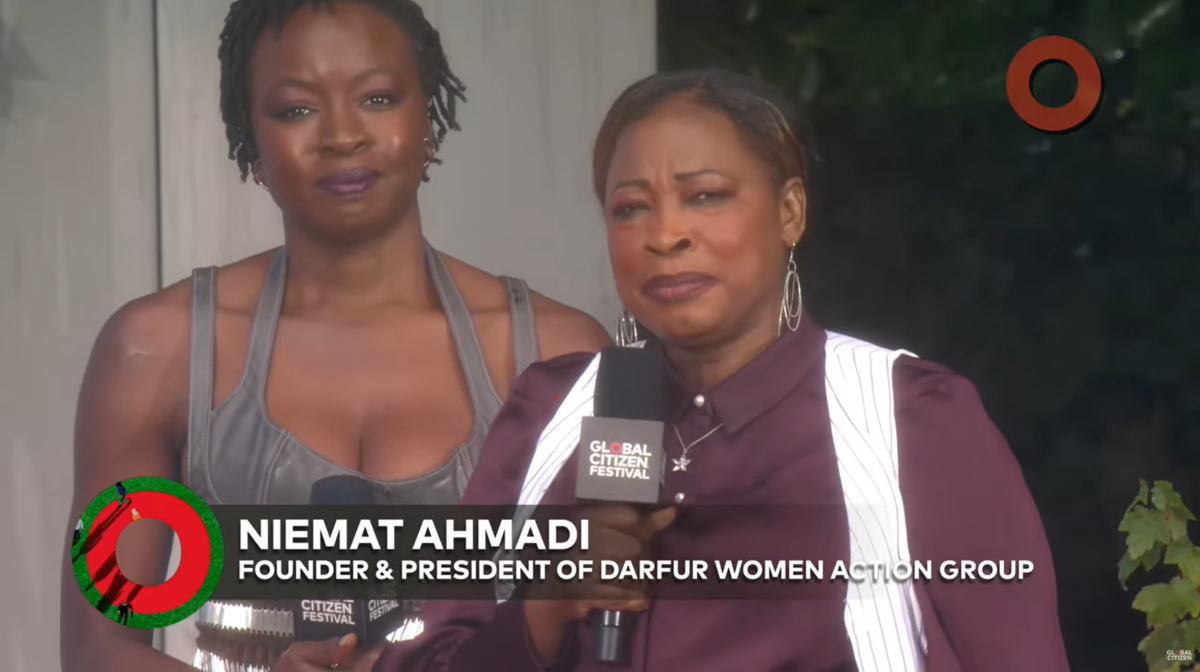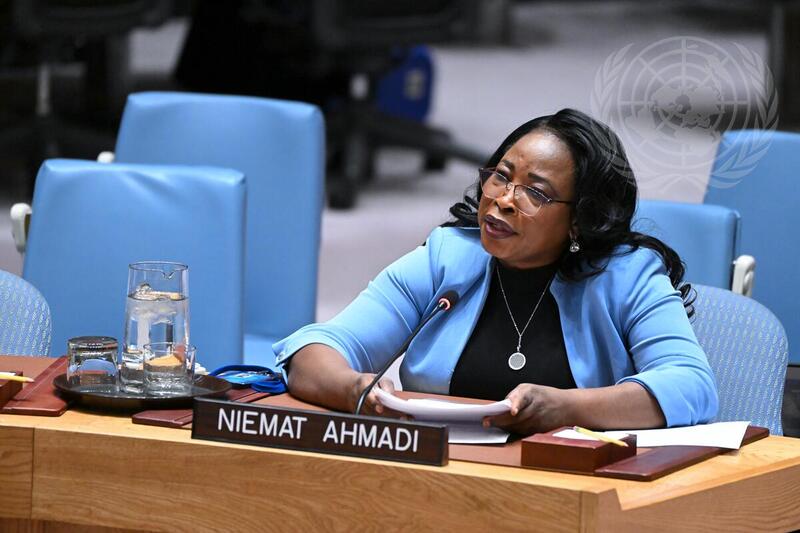Darfur Women Action Group’s founder and president, Niemat Ahmadi, will be honored as one of Africa’s 100 Most Influential Women at the 2024 African Women Conference and Awards.
The African Women Awards aims to identify and publicly recognize women from all across Africa who have been outstanding in their professional activities and personal conduct, who have made extraordinary achievements, and who have made indelible positive impacts on their respective communities, societies, and/or economies either within the respective jurisdictions within which they operate or across regions of Africa or the entire continent.
This year’s conference is being held in Addis Ababa, Ethiopia on November 26th. Congratulations Niemat!
About the 2024 African Women Awards:
The 3rd African Women Awards, in collaboration with ACTION AID and HUNGER PROJECT, held at the SAPPHIRE ADDIS HOTEL in Addis Ababa, Ethiopia, on November 26, 2024, has brought together a vibrant community of African women leaders in business, politics, and social activism.
This year’s theme, “RETHINKING GENDER MAINSTREAMING IN AFRICA FOR WOMEN EMPOWERMENT,” highlighted the importance of challenging traditional gender norms to achieve greater equality and prosperity for women in Africa. The event aimed to recognize and celebrate the achievements of African women who have made significant contributions to their communities and the continent as a whole.
The Awards featured a diverse range of women from across African countries, including Ghana, Liberia, South Sudan, Congo, Somalia, Ethiopia, Equatorial Guinea, South Africa, and Sierra Leone, among others. These outstanding women were recognized for their leadership in business, education, healthcare, politics, and social entrepreneurship.
The 3rd African Women Awards is a testament to the dedication and perseverance of African women in breaking down barriers and achieving their goals. These trailblazers serve as role models for future generations of women in Africa and beyond. The Awards recognize the critical role that women play in driving economic growth, social justice, and human development in Africa.
We congratulate all the winners and nominees on their outstanding achievements. Their contributions to African societies are a beacon of hope and inspiration for women everywhere.
For more information about the 3rd African Women Awards and to see a list of all the winners, please visit our website: https://afwa.thebusinessexecutive.net/
